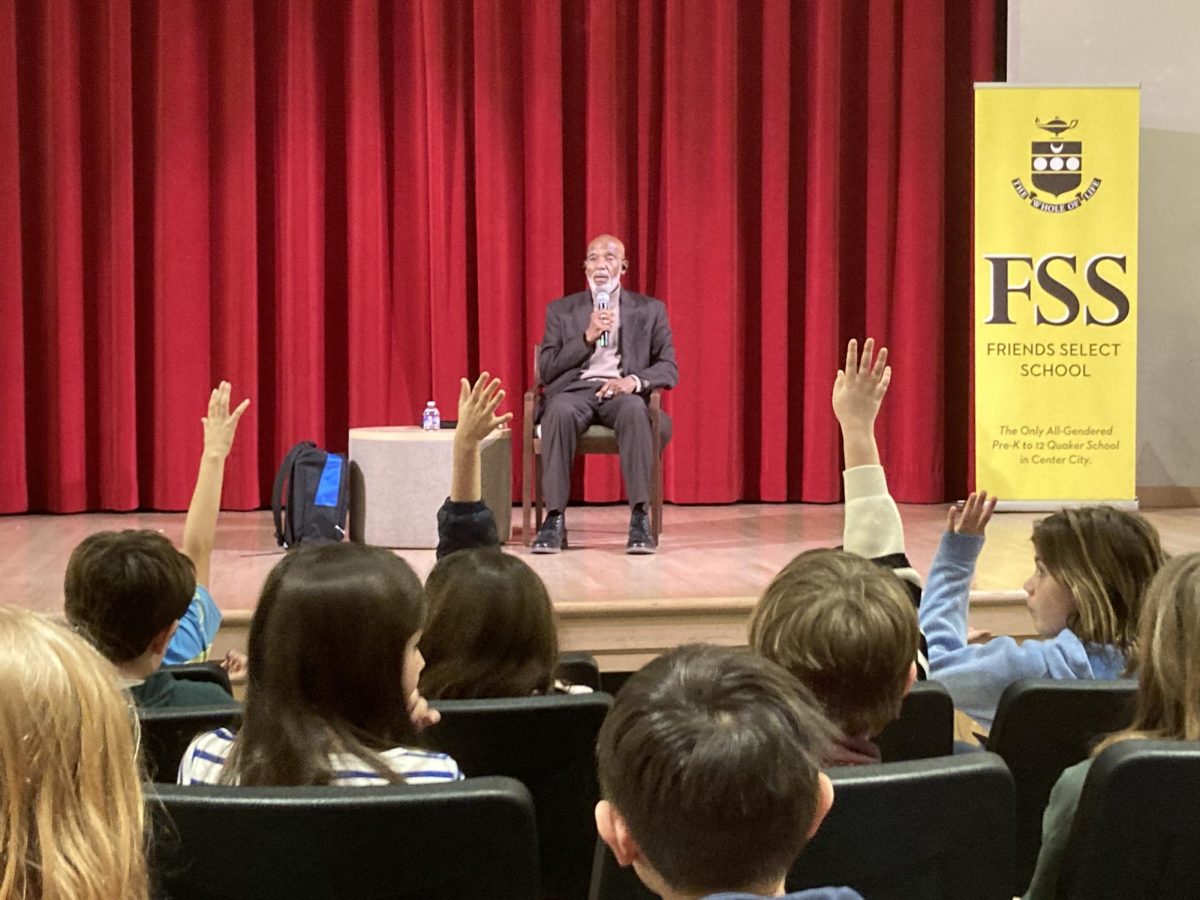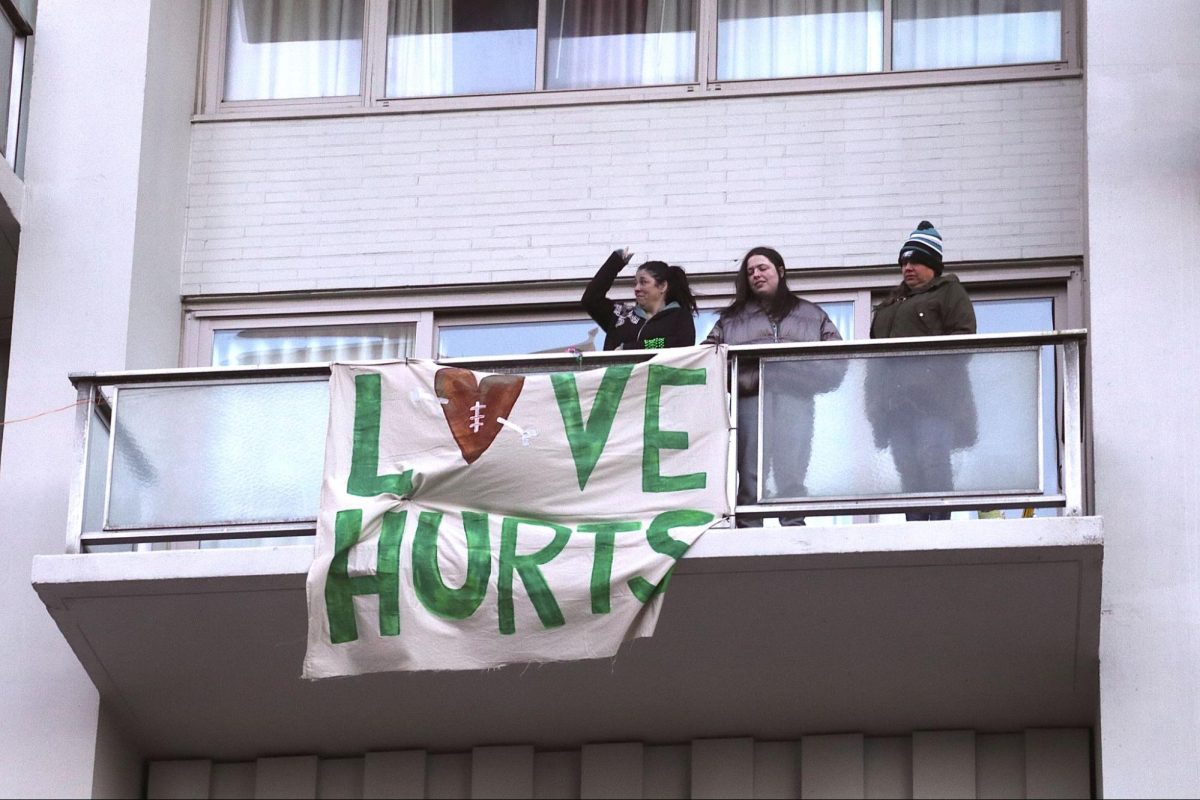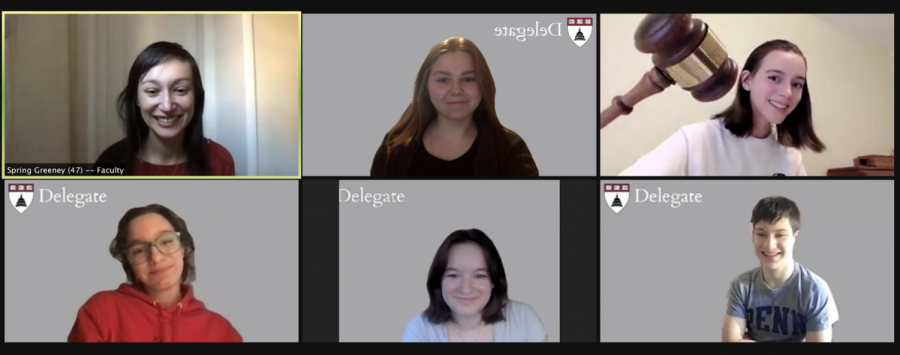Student Reflections on Succesful Harvard Model Congress
This past weekend, 5 members of the Class of 2023 — Lily Brin, Sofia Solari-Parravicini, Gigi Sovinski, Henry Planet, and Lucia Yeager-Johnson — attended Harvard Model Congress. Harvard Model Congress (HMC) is a program that offers high school students a taste of what it is like to be a United States congressperson. Each student was assigned a different representative and assumed their assigned congressperson’s ideology. Each student was also assigned to a different committee in the House of Representatives: Lucia was in Homeland Security, Henry and Gigi were in House, Education, and Labor, and Sofia and Lily were in Judiciary. In our reflection with Spring Greeney directly after the conclusion of the conference, we all shared how much we enjoyed the weekend overall, we all concluded that we learned so many new skills and Henry even came home after with an honorable mention for best delegate in his committee.
-Lily
Preparation
Leading up to the event, our group met every Monday for about an hour after school. After we had all signed up and Spring Greeney agreed to be the faculty advisor, our first order of agenda was to register on the HMC website. In the following weeks, we took a survey for our top committee choices, watched a few videos of other model congresses that Spring found for us, and eventually received the conference materials. These conference materials included our committee appointments, briefings, and pre-conference assignment. Briefings are essentially the topics that will be debated and discussed in committees. HMC provides a pamphlet that gives an informative overview of those briefings — for example, the topics “Bioterrorism” and “Domestic Terrorism and the Internet” for the House of Representatives Homeland Security Committee. Our next step was the pre-conference assignment, which was to write and record two thirty-second speeches that discussed our approach to the two briefings.
-Lucia
Academics
As we were all first-timers for Harvard Model Congress, it was easy to feel like everyone else would be better informed and more qualified to speak. Many parts of the briefing topics were complicated and required external knowledge. Aside from the topics themselves, we were expected to know how to draft and write bills, as well as knowing parliamentary procedure, which is a body of customs that serves to run committee meetings in an organized and timely manner. As I went into my first committee session to debate the death penalty, I held back on speaking and gave myself a chance to observe how others gave speeches and conducted themselves. Through the speeches and debates made by the 60 other delegates, many of whom were returning participants, I was able to expand my knowledge on my topic and gain a lot of external knowledge that proved helpful for critical thinking and debate. A part of committee sessions that I particularly enjoyed was the bipartisan unmoderated caucus. During these times we got the opportunity to switch from breakout room to breakout room, having discussions with people from both parties about our thoughts on the briefing topics and possible ways to collaborate on bills or legislation that reflect those thoughts. It was both a chance to expand perspective and knowledge educationally and to make connections with other delegates.
-Sofia
Opportunities
During Harvard Model Congress we attended two different seminars and multiple webinars. At the beginning of the conference, we heard from Loren Schulman, a staffer for two Democratic presidential campaigns. We also attended college panels where we heard from Harvard students about their experiences applying to college, Harvard’s campus life, and their involvement with government internships and aspirations. In addition to my individual committee, I attended a negotiation seminar where I learned about the tactics and strategies of negotiating. I also tuned into a student-led seminar about interning in government with senators and other political figures.
-Lily
Challenges & Zoom
During my time at Harvard Model Congress, I was assigned the Republican representative, Lloyd Smucker. This assignment presented me with a difficult challenge to sideline my personal beliefs and get into the head of a person with whom I disagree. I had to spend a lot of time before the conference looking at the world through a lens that I believed to be distorted. On top of the ideological challenge, we all faced the harsh reality of being on zoom from 11:00 AM to 8:00 PM. In a post or pre-pandemic world, this conference would have been an incredibly engaging activity. However, given the current situation, I was somewhat restless sitting down for such long hours.
-Henry
Social Experience
Over the course of the weekend, I was very nervous and at times, uncomfortable. On Saturday night, we had a ‘Delegate Social’ where delegates from different groups would meet each other in an informal setting and make friends. There were different zoom links: one each for Jeopardy, Kahoot!, and Among Us. I didn’t expect to have fun or talk, because I thought I wouldn’t fit in with the stereotypical ‘Harvard crowd’. However, I ended up making a lot of friends that night, and now we all talk in a big group chat. Within seconds I was dying of laughter — someone even said “the vibes are immaculate.” We talked about our shared pet peeves, how stunning one of the members in the breakout room was, and astrology. We already have met up over zoom since the conference ended!
-Gigi
What Would Have Been
With COVID-19 and the Zoom format, the fee was $50 when registering early (which we did) and $85 when registering late. In normal circumstances, the pricing would be much higher — a whopping $750 plus meals. A typical Harvard Model Congress would include a field trip to Boston for three days and a stay in the Sheraton Boston Hotel, which most likely would have provided an even more engaging social scene. Given this significant price decrease and no need to travel, students from most walks of life could participate and test the waters without having to make an enormous financial commitment.
-Lucia























